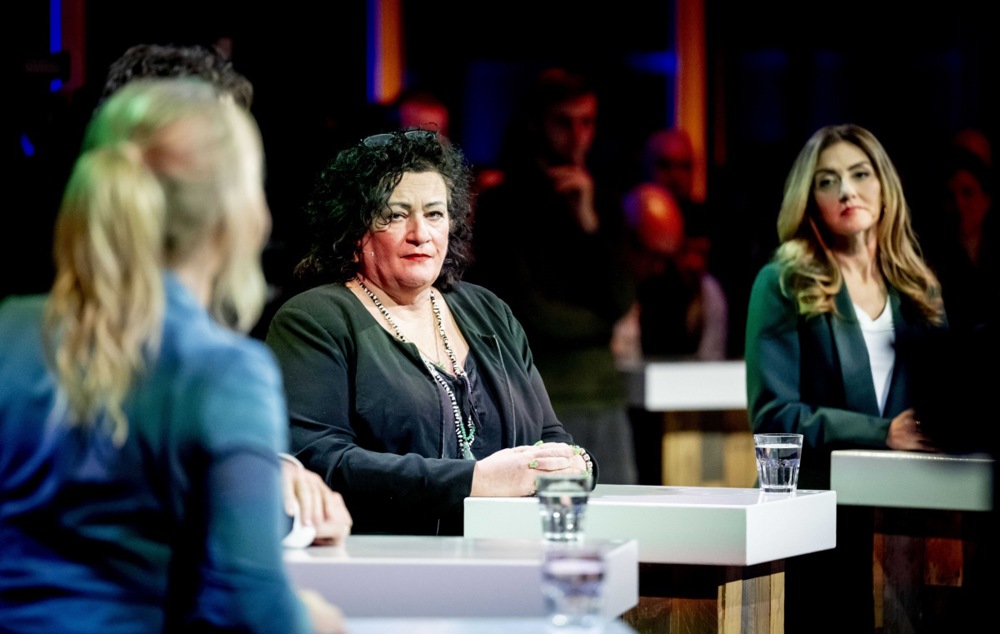UK Prime Minister Rishi Sunak fired the starting gun on Britain’s next election, saying his “working assumption” was it would take place in the second half of the year, all but ruling out an earlier vote opposition parties had called for.
Few had believed the British leader would call an early election with his Conservatives so far behind in the polls but opposition parties had hoped to bounce him into it by saying he was “running scared” of voters.
Pat McFadden, Labour’s national campaign coordinator, accused Sunak of “bottling” holding the election.
With his governing Conservatives heavily trailing Labour in the polls, Sunak moved swiftly on January 4 to end calls for an early election by saying he had work to do, including cutting taxes – a major demand from some in his party.
“My working assumption is we will have a general election in the second half of this year, because in the meantime I have lots I want to get on with,” Sunak said.
“I want to keep going, managing the economy well and cutting people’s taxes … I’ve got lots to get on with.”
Few had believed the British leader would call an early election with his Conservatives so far behind in the polls but opposition parties had hoped to bounce him into it by saying he was “running scared” of voters.
Pat McFadden, Labour’s national campaign coordinator, accused Sunak of “bottling” holding the election.
“He needs to stop hiding, stop being so weak, stop squatting in Number 10 without a mandate and simply come clean with the public: when will the British people get their say on 14 years of Tory failure?,” he asked in a statement.
“Even now Rishi Sunak is still leaving himself as much wiggle room as possible. But the reality is clear: the only thing worse than five more months of this Tory government would be five more years.”
Sunak has struggled to make progress on his main pledges, including stopping migrants arriving in small boats across the English Channel, growing the economy and cutting hospital waiting lists. He has hit one target of halving inflation by the end of 2023, but economists say that has little to do with government policy.
He faces threats from all sides.
Labour leader Sir Keir Starmer has vowed to fight the Conservatives on the economy, traditionally seen as one of the party’s strengths, while the right-wing Reform UK party has refused to renew its pact with the Tories to help protect its parliamentary seats.
Sunak must also try to quell a growing rebellion inside his own party, with some MPs threatening to try to oust him if he refuses to cut taxes, something they believe could help win back traditional Conservative supporters.
The Prime Minister will be hoping a so-called “Spring Budget” due on March 6 can deliver such party-pleasing announcements.
On his visit to a community centre in the town of Mansfield in central England on January 4, Sunak was asked by a supporter how he could better get his message across to voters, saying his sister, a once loyal Conservative voter, would not back the party this year.
“I’m going to be out and about myself talking about it,” Sunak said.
“And you will see that from me every single week between now and the next election, out and about talking to people up and down the country about what we are doing to make their lives better.”




